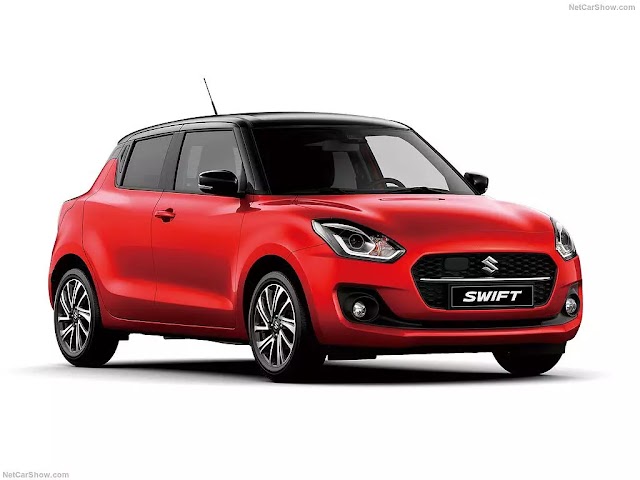As electric vehicles continue to gain popularity around the world, Tata Motors is leading the charge in India with its upcoming line of EVs. In this article, we'll take a closer look at the upcoming Tata EV cars in India, their features, and what they mean for the Indian automobile industry.
First on the list is the Tata Nexon EV, which has already been launched in India. The Nexon EV is powered by a 30.2 kWh lithium-ion battery pack and can travel up to 312 kilometers on a single charge. It boasts a top speed of 120 km/h and can go from 0 to 100 km/h in just 9.9 seconds. The Nexon EV also comes with fast-charging capabilities, allowing it to charge from 0 to 80% in just 60 minutes.
Next up is the Tata Altroz EV, which is expected to launch in India in the coming months. The Altroz EV will likely share many features with the Nexon EV, including a lithium-ion battery pack and fast-charging capabilities. It's also expected to have a similar driving range to the Nexon EV and could feature Tata's Ziptron technology, which provides improved performance and efficiency.
Another upcoming Tata EV car in India is the Tata Tigor EV, which is expected to launch in the near future. The Tigor EV is expected to have a driving range of around 300 kilometers on a single charge, thanks to its 26 kWh battery pack. It's also expected to have fast-charging capabilities, allowing it to charge from 0 to 80% in just 60 minutes.
Last but not least, Tata Motors is also working on an electric version of its popular Tiago hatchback. The Tiago EV is expected to feature a similar battery pack and driving range as the Tigor EV, as well as fast-charging capabilities.
Overall, the upcoming Tata EV cars in India represent a major step forward for the Indian automobile industry, as they provide consumers with more environmentally friendly options for personal transportation. With features like fast-charging capabilities and impressive driving ranges, these EVs could help accelerate the transition to electric vehicles in India and beyond.
Additionally, the launch of these upcoming Tata EV cars in India could also have a significant impact on the Indian automotive market. As more consumers become interested in electric vehicles, we can expect to see a shift in demand towards EVs and away from traditional petrol and diesel cars. This, in turn, could lead to increased investment in EV infrastructure across the country, including the development of charging stations and other necessary infrastructure.
Furthermore, the launch of these upcoming Tata EV cars could also help position Tata Motors as a leader in the Indian EV market. With their impressive features and driving ranges, these cars could compete with some of the best EVs available in the market today. Additionally, the launch of these EVs could help boost Tata's overall brand image and reputation, as they demonstrate the company's commitment to innovation and sustainability.
It's worth noting, however, that the success of these upcoming Tata EV cars in India will depend on a number of factors, including their price points, availability, and performance. As with any new technology, there may be some initial challenges and limitations that need to be addressed. Nonetheless, the launch of these EVs is an exciting development for the Indian automotive industry and could pave the way for a more sustainable and eco-friendly future.






0 Comments